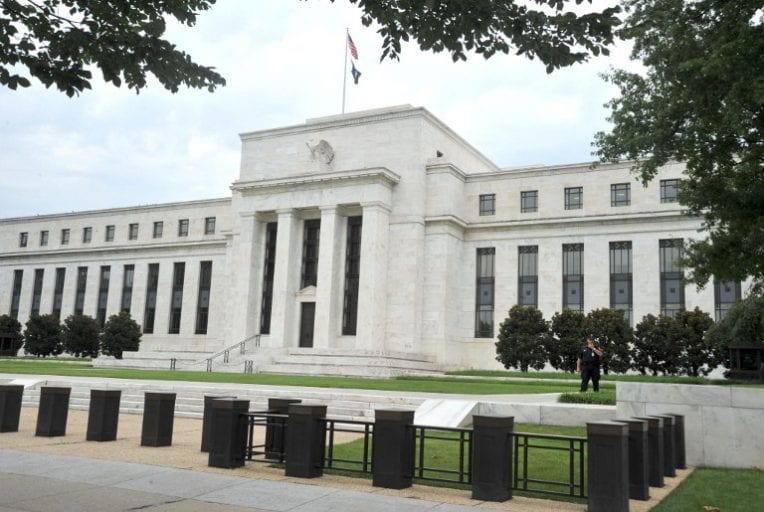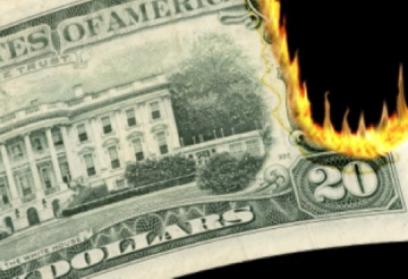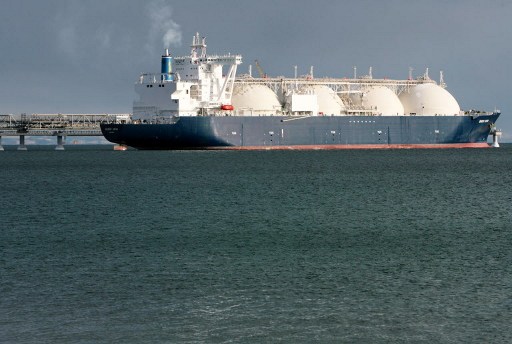
Another era of quantitative tightening beckons
The first one fizzled. Can asset-selling – aka money destroying – help fight inflation? Hurricanes Harvey, Irma and Maria may have devastated parts of the US in 2017 but the Janet Yellen-led Federal Reserve was determined to persist with an unprecedented way to tighten monetary policy. The central bank in October that year commenced selling…

The pandemic has changed the future of work
Remote work is ensconced. A ‘Great Resignation’ is underway in the US. Neither might last. On 8 January 2020, a 61-year-old woman from Wuhan landed in Thailand’s capital Bangkok. Within five days, she became the first recorded case of covid-19 outside China. On February 20, the mayor of Daegu, South Korea’s fourth-largest city, became the…

How high can government debt-to-GDP ratios soar?
Somewhere a ceiling exists. Trouble is brewing, especially in the eurozone and emerging countries. The ‘IMF crisis’ is judged the worst event to have hit South Korea since the civil war of 1950-53. The rest of the world knows this financial upheaval as the ‘Asia crisis’ of 1997. The mismatch is because South Koreans, perhaps…

What the NFT is the metaverse?
The touted ‘embodied internet’ might take a while to arrive and could underwhelm, even with Big Tech support. Non-fungible tokens, or NFTs, are ownership proof on blockchain technology of the original version of something digital, be that art, characters, tweets, videos or something else. People are paying millions for an exclusive claim on unique digital…

Green hydrogen is central to plans to achieve net zero
A cost disadvantage needs to be overcome first. The US has launched a ‘hydrogen shot’ known as ‘111’ for one dollar for one kilo in one decade. The UK intends to be the “Qatar of hydrogen”. Japan wants to be a “hydrogen society”. China, with 53 projects underway, is a “potential hydrogen giant” in a…
Reaching for yield into corporate debt takes on a risky hue
Broader financial instability can’t be ruled out. William White, a Canadian, became the top economist at the Bank for International Settlements (BIS) over a 14-year career to 2008 at the bank owned by central banks. Among those who heard of him, White became known as “the man no one wanted to hear”. From 2003, in…
Ransomware is so rife it’s a threat to national security
Cracking down on cryptocurrencies might ruin the risk-reward calculation for criminals. Tobias Vernon of the UK owns two small galleries that sell 20th-century ceramics and artworks. Thanks to marketing efforts, the business has almost 50,000 Instagram followers. One weekend in May, an email appeared from Instagram congratulating the business for getting a ‘blue tick’, which…
In review: Lessons from COVID-19
Among the many messages is the notable one that competence matters during emergencies but is hard to achieve. Severe acute respiratory syndrome, or SARS, hit Taiwan hard in 2003. The virus tore through several hospitals and Heping hospital in Taipei was hastily closed, imprisoning staff and patients, after the head nurse became one of the…
Electric vehicles are the next revolution in automobiles
But problems need to be overcome to hasten the switch and cement the climate benefits. For Formula E motorsport, the 2020-21 racing season was transformational. Seven years after electric single-seaters first raced, Formula E gained the elevated ‘championship’ status enjoyed by Formula 1, World Endurance, World Rally and World Rallycross. Then came the embarrassment, the…
China’s dual-circulation model is a plan for a hostile world
Domestic production gets priority in a strategy that seeks to boost China’s ‘soft power’. Sir Arthur Lewis (1915-1991) was an economist from Saint Lucia in the Caribbean who was awarded the Nobel Prize in Economics in 1979 for his theories on development. His ‘dual sector model’ suggested that economies can modernise without triggering inflation because…





